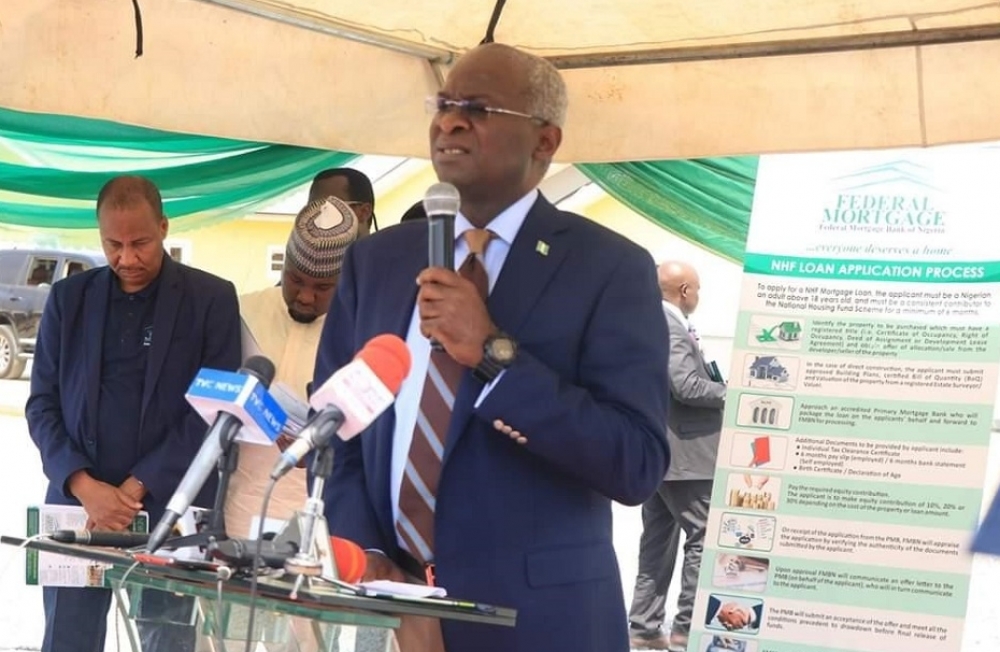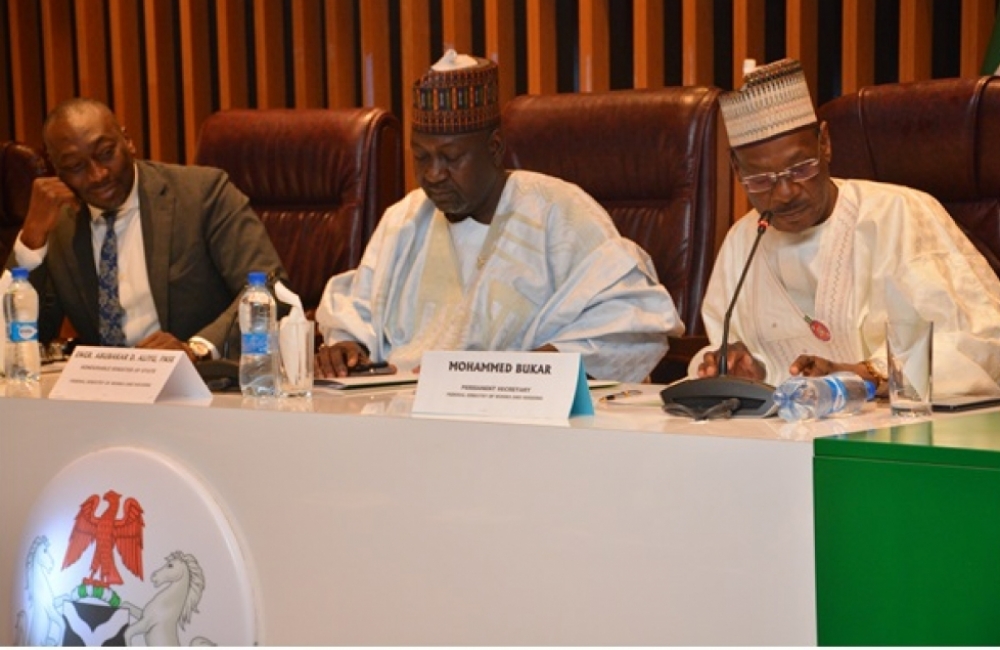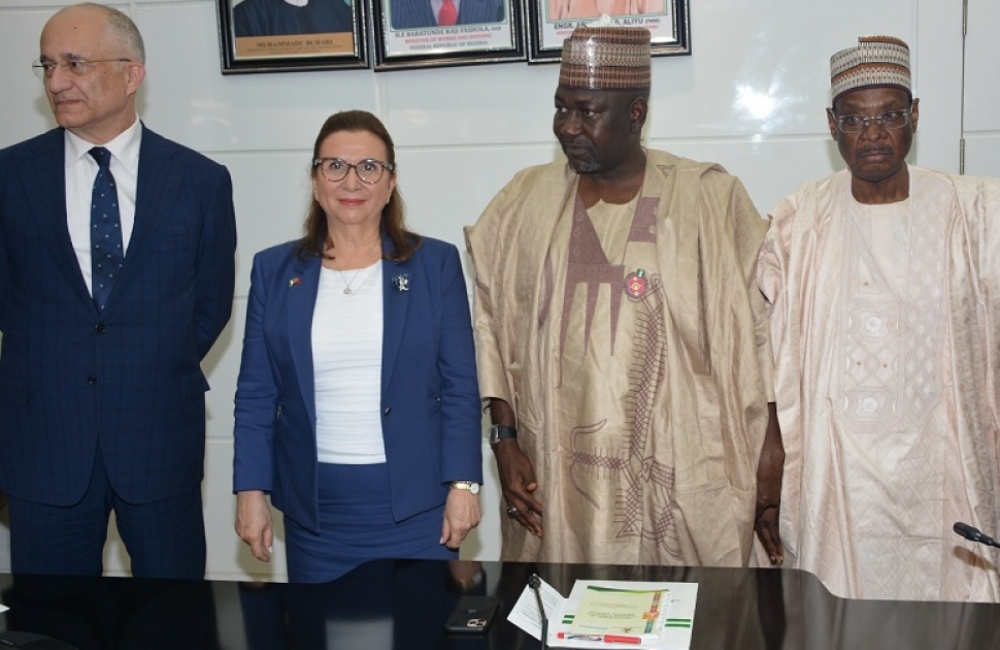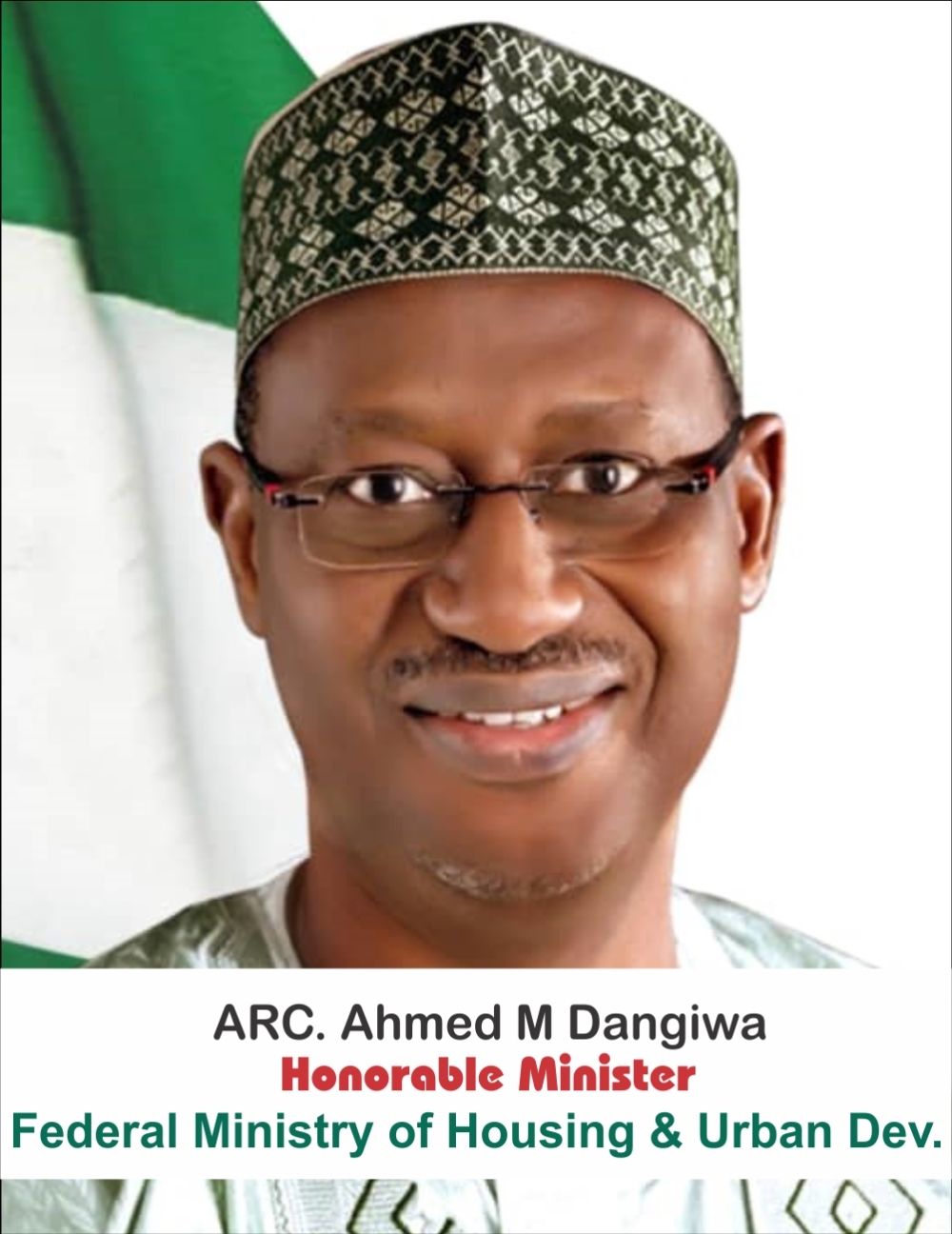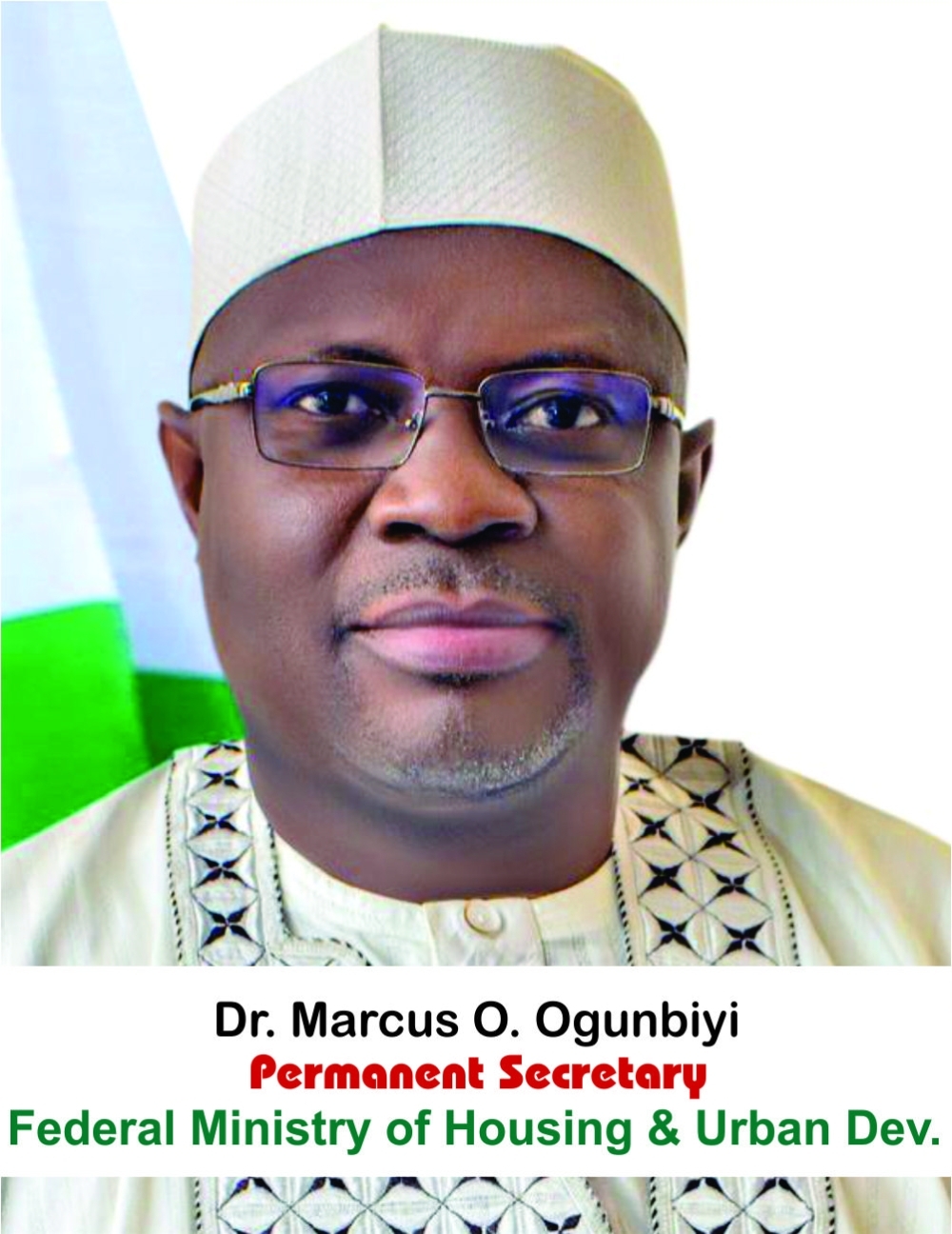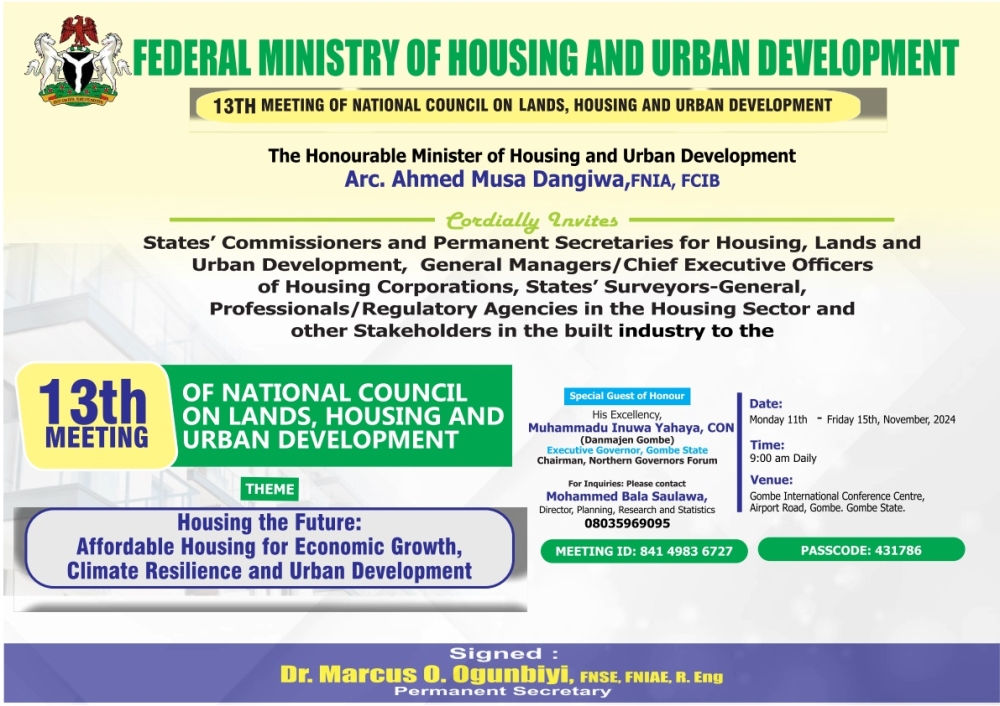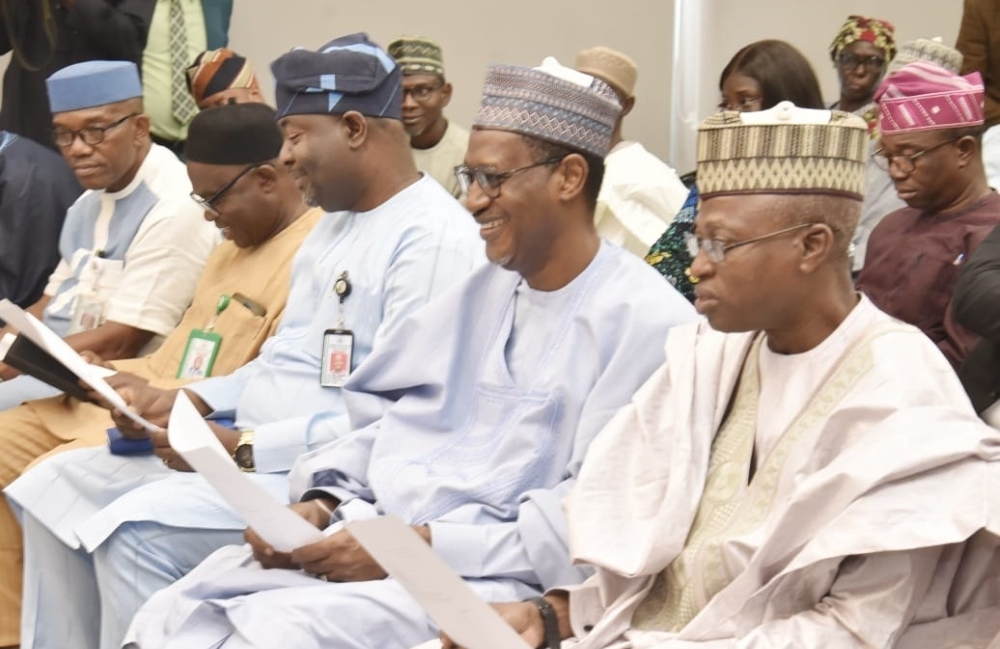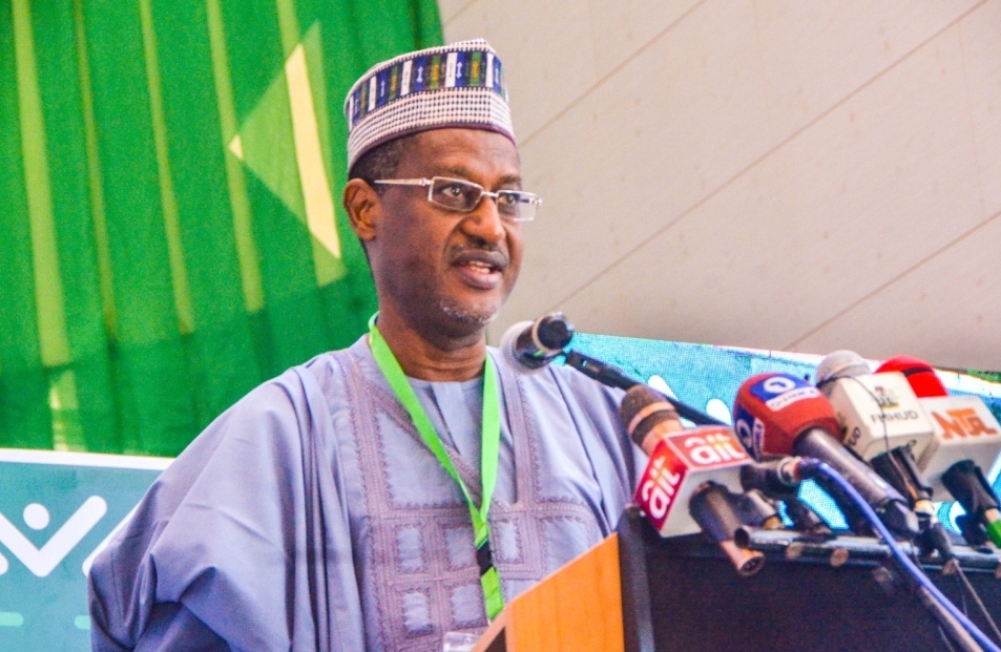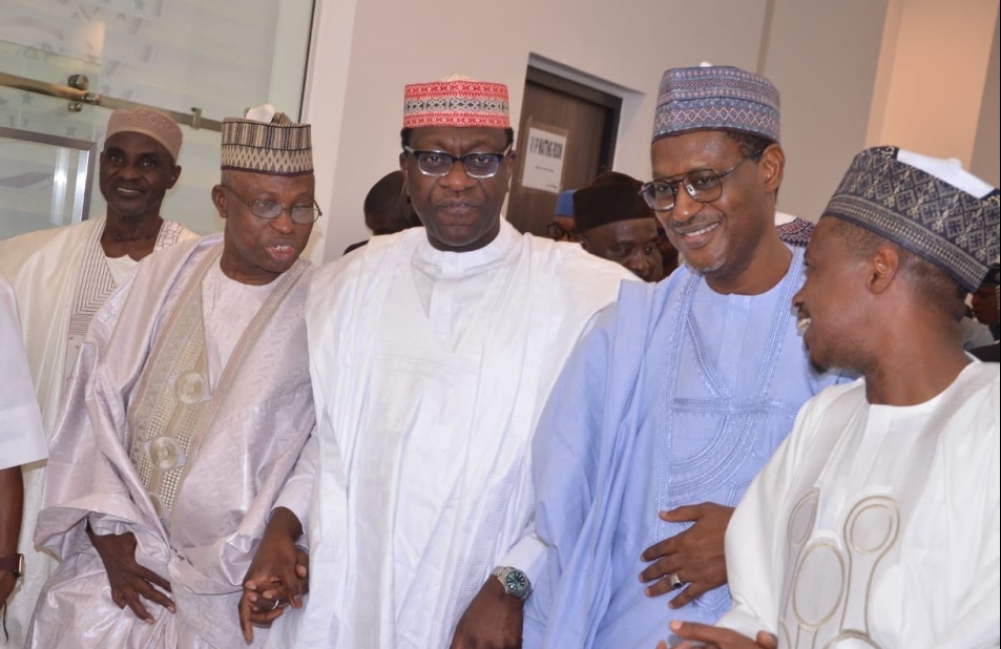
Dangiwa Advocates Cross-Subsidy Inclusion in MOFI Real Estate Investment Fund Framework
* Epresess Ministry’s support for MREIF
Minister of Housing and Urban Development, Ahmed Musa Dangiwa, has urged the management of the Ministry of Finance Incorporated Real Estate Investment Fund (MREIF) to integrate cross-subsidy mechanisms into its framework for housing sector operations.
The Minister made the call in Abuja during an interactive session organized by the House of Representatives Committee on Housing and Habitat with a focused on the Federal Government's establishment of MREIF and the suspension of the Single Obligor Limit imposed by the Central Bank of Nigeria (CBN) on the Federal Mortgage Bank of Nigeria (FMBN).
Arc Dangiwa emphasized that such an approach would enable the construction of cost-effective housing, making homeownership more accessible to low-income Nigerians.
Citing Algeria’s success where the government delivered one million homes in a year through cross-subsidy mechanisms, Arc Dangiwa proposed allocating 20–30% of funding for housing estates in Nigeria toward cross-subsidization.
He explained that this approach would ensure uniform infrastructure and external features while adjusting internal finishes to suit varying affordability levels, thereby enhancing homeownership opportunities for low-income Nigerians.
“Whenever we are funding any estate to be developed, 20 to 30 percent of the funding should be cross-subsidized,” the Minister emphasized.
Dangiwa commended the Honourable Minister of Finance, Mr. Wale Edun, for securing Federal Executive Council approval for MREIF, and described it as a transformative initiative poised to revolutionize the housing sector and call for innovative funding strategies beyond traditional budgetary allocations.
Dangiwa while addressing the restrictive impact of the Single Obligor Limit imposed by the CBN on FMBN, praised the House Committee on Housing and Habitat for intervening to halt the practice, noting that the cap on disbursements of 50 percent shareholders’ fund has limited the bank’s ability to fund primary mortgage institutions (PMIs), thereby hindering mortgage accessibility for Nigerians.
Dangiwa also advocated for the recapitalization of FMBN, to enable it create affordable mortgages without relying on MREIF funding while more support for FHA would enhance their capacity to strengthen housing development in the country.
The Minister reiterated the importance of innovative financing, institutional collaboration, and affordability as critical to addressing Nigeria’s housing deficit and expressed confidence in achieving sustainable growth in the housing sector under the Renewed Hope Agenda.
In his welcome remarks, the Chairman of the House Committee on Housing and Habitat, Hon. Abdulmumini Jibrin, noted the importance of engaging key stakeholders in shaping the framework for MREIF.
He confirmed the committee’s position on halting the Single Obligor Limit and emphasized ongoing efforts to address concerns raised by stakeholders, including the FMBN and MBAN. The Chairnan directed representatives of the CBN, FMBN, and MBAN to collaborate and propose practical solutions within a week.
Dr. Armstrong Takang, Chief Executive Director of MOFI, highlighted President Bola Ahmed Tinubu’s directive to prioritize liquidity in the housing sector and stressed the need for accessible and affordable mortgages with longer repayment terms to address affordability challenges and reduce the prevalence of abandoned houses.
Dr. Takang also outlined MREIF’s dual strategy of supporting developers with off-take guarantees and facilitating low-cost mortgages for buyers.
Representatives from the CBN, FHA, MBAN, and REDAN expressed support for the establishment of MREIF, emphasizing the importance of a well-structured and approved framework. Suggestions included leveraging funds from unclaimed dividends, dormant accounts, and PENCOM funds to enhance the fund’s liquidity. The CBN requested a detailed conceptual framework to conduct a thorough review before making an informed decision.
Close









